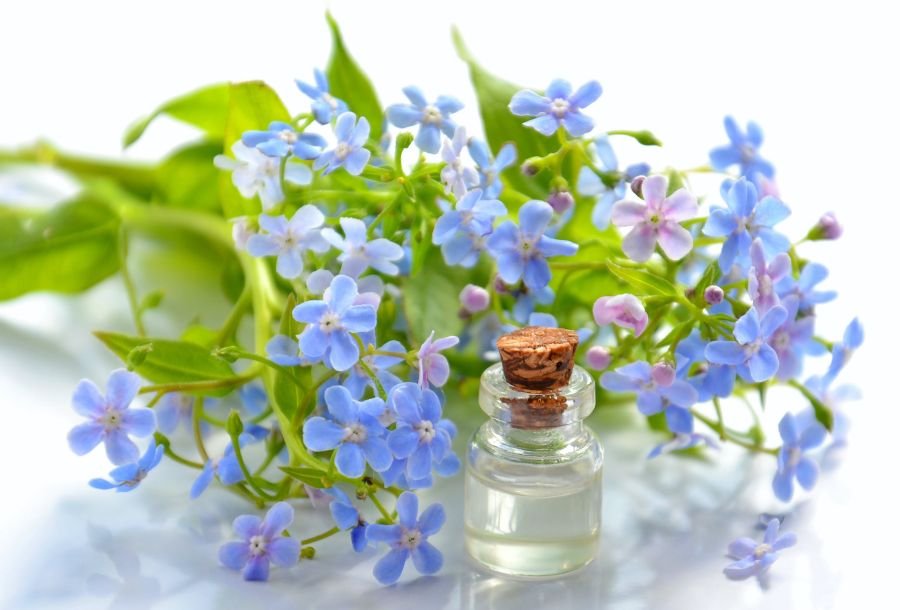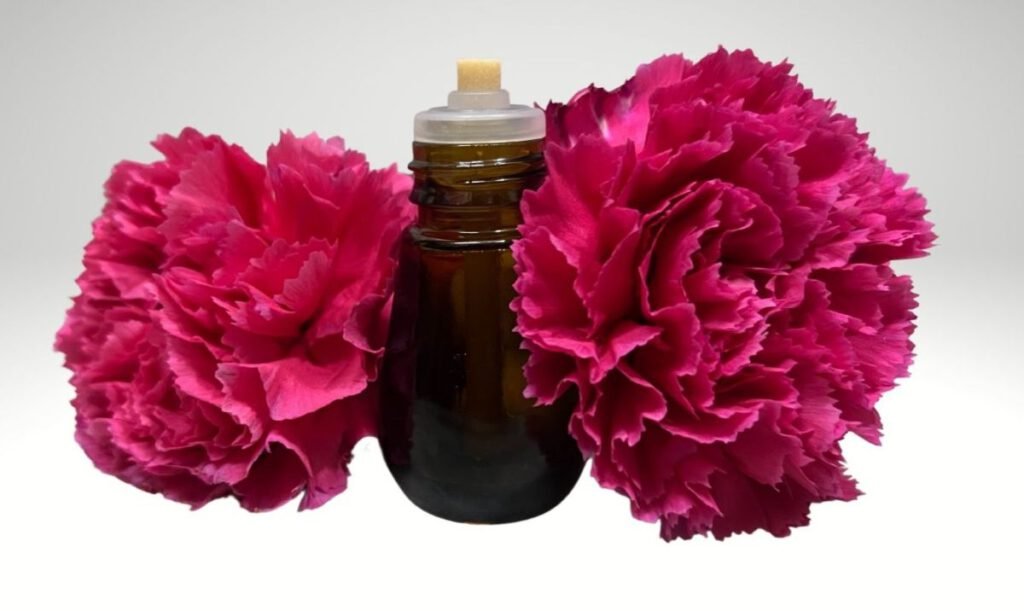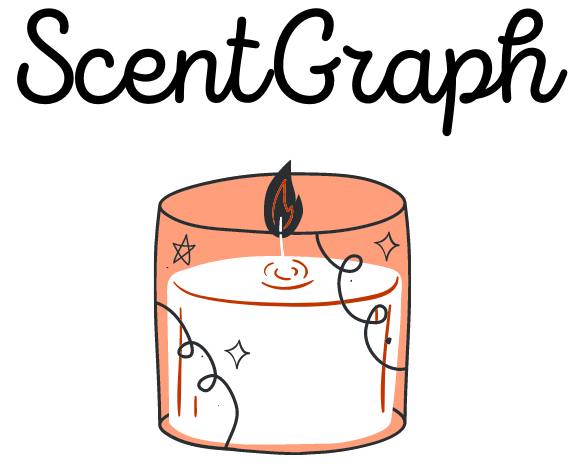An oil diffuser freshens every corner of your room. Your home smells great! This uplifts your mood, invigorates your senses, and calms your mind. It is very welcoming for the guests too. But, here’s some food for thought. Do these oils affect humans alone? If you have indoor plants then will an oil diffuser affect plants nearby?
Yes, we believe oil diffusers will affect plants. Don’t worry! Your plants love the fragrance and their setting near oil diffusers. After all, they are living beings and receptive to their surroundings like us. Of course, plants react in a way that’s different from humans.
If you love indoor plants, you caress them, take care of them, and love to sit around them. When they are so special to you then I am sure you keep yourself updated about what is beneficial for their growth and health.
Diffusing essential oils around them is one of the ways that not only guard them with a protective shield but are growth boosters for them. If you are new to this concept, then you may wonder how essential oils can be beneficial to plants? Well, that’s what the article talks of.
Now before I delve into the topic and talk of their effect on plants, I am first going to give you a general overview of essential oils. This is important because the article talks of the impact of essential oils on our plants through oil diffusers. So, let’s go through their source, composition, nature, and benefits.

Essential Oils: What Makes Them So Special?
Over the years, the market of essential oils has flourished considerably. There is stimulating demand for natural ingredients, like plant derivatives in most of our everyday use products. Essential oils are one of such natural extracts, which find use in many applications.
Essential oils are bioactive compounds that offer antioxidative and antimicrobial benefits. They are quite popular in aromatherapy, which welcomes their effects on wellness. People who suffer from health ailments like migraine, asthma, and cardiac problems can benefit by inhaling their aromatic and healing scents. These oils find a lot of use in Aromatherapy centers and spas.
The market of scented products is another sphere that has a huge demand for these oils. They are an important ingredient that is used in the making and working of scented candles, incense, and diffusers. These products have many consumers today. Essential oils are one of the popular ways to create a perfect fragrant setting in homes, restaurants, and offices.
They are also used as natural flavors in bakeries and other food processing industries.
Natural Source Of Essential Oils

Essential oils are also called odoriferous aromatic oils. They are concentrated liquids that are extracted from various parts of a plant. The extraction method is very important because it determines the quality of the oil. Steam distillation is one of the most widely used methods for extraction. Solvent extraction and cold processing are other techniques.
The Versatility of Essential Oils
Essential oils are available in many fragrances. Choose the one that suits your preference. These options cater to your need for aromatherapy, fragrance, and more of your choices. Once as a conscious consumer you know which oil suits your needs, You will reap most of their benefits.
Lavender, chamomile, and rose are a few oils that have the potential to put the mind at ease. Oils like Cedarwood and peppermint offer health benefits in combating coughing and indigestion issues. Ylang ylang and myrrh oils could be useful for skin problems. The list is long and you just have to do a little research on the versatility of oils to get the one for your needs.
Now that I have given you an overview of essential oils and how we humans benefit from their aroma, let us talk of their effect on your indoor plants nearby.
How Will An Oil Diffuser Affect Plants Nearby?

A quick method to disperse the fragrance of essential oil in your surroundings is by using an oil diffuser. This is a great alternative to candles or reeds as it’s quick in spreading scents. The moment you inhale the released scent emitted through the diffuser, you feel your senses are calmed and relaxation is more enjoyable. Your Plants too love the fragrance.
Don’t Handle Essential Oils Lightly
The natural source of essential oils doesn’t mean that you can be casual about their usage. Most of the products mention their consumption guidelines for our wellness. Essential oils should be used carefully. They are very complex and strong-scented liquids. Keep the following points in mind:
- Using them in a concentrated form can emit a very strong scent which may be unpleasant.
- Some oils are unsafe for your pets.
- Keep the oils away from direct sunlight.
- Never apply essential oils directly to plants.
- The oil bottles should be beyond the reach of children.
- Buy from a trusted brand or go through reviews to ensure quality.
- Clean your diffuser regularly.
- Where necessary, use clean drinking water to mix the essential oil.
Be cautious enough before you use them at home. After all, your nonchalant attitude can unknowingly put you and your family in trouble. Your pets and plants too need your attention.
Essential Oils Can Be Beneficial To Plants
These days it is quite common to see people setting indoor plants and creating window gardens rather than splendid gardens in lawns. They have their reasons to do so. Few people are short of time in devoting time to the maintenance of gardens or may find indoor plants as a way to home decor.
Indoor plants look great and are a pleasing sight. However, if not taken good care of, they may lose their beauty, grace and ultimately wither away. Water, sunlight or a shady location, regular pruning are a few prerequisites to maintain the health of your plants. Some people play music to help their plants grow, even if the efficacy is debated. You could also help the plants revel in the fragrance of essential oils, as a way to keep them happier.
Plants and essential oils, both are a gift of mother nature, so they blend well and love each other’s company. Get to know how essential oils can keep your plants in a healthy shape:
- They are a natural repellent and keep pests away.
- They save your plants from fungal growth on them.
- The scent of oils helps in keeping vermins away from plants.
- Infuse a shine on your plants with essential oils like lemon oil.
- They act as a catalyst in the growth of plants.
Reap these benefits for your plants by knowing which essential oils out of a huge range of them are best suited for them. Check out the details in the next section.
What Essential Oils Are Most Beneficial For Plants?
The range of essential oils is wide and so it becomes important to pick the one which is best for your plants. After all, we love them.
For home gardeners, the battle against pests and insects is a never-ending one. It is a pain to see our gardening efforts spoiled by pests. Use essential oils like lemongrass, eucalyptus, peppermint, pine oil, neem, rosemary, and tree to give a protective shield to your plants.
To save your plants from fungal growth, pine and neem oil are recommended by experts. Tea tree oil is very beneficial in this case.
Use thieve oil and lemon oil to add the missing sheen on the leaves of plants.
Clove oil is a natural organic feed for your plants. When your plants are infused with their fragrance enhances their growth.
In certain situations when your plants need immediate attention because they are almost mutilated by pests and fungus, you can use a few combinations of essential oils that I am going to share ahead.

Essential Oils Combination That You Could Try In An Oil Diffuser
There may be a day when you wake up one morning and see your favorite plant mangled by pests and you see no way to save them further but to uproot and throw them. Don’t be in a haste! Instead try a few essential oil combinations, which may spark a new life in them.
I will suggest a few such combinations that make a good pest repellent. Mix them first in a glass jar and then pour in an oil diffuser or use a glass spray bottle.
- Thieves oil is a mixture of clove, lemon, cinnamon, eucalyptus, and rosemary.
- Mix about 10 drops of orange, rosemary, clove, and peppermint in water.
- Use tea tree oil and baking soda in little proportion.
- A combination of frankincense, geranium, and lemongrass is great for your plants’ growth.
- To safeguard your plants from fungal growth combine tea tree oil and baking soda
Now that you know essential oils are not bad for your plants, so start using them by pouring in oil diffusers. There are many products available that are designed to diffuse essential oils, I am going to talk of oil diffusers alone.
Essential Oils Are Great For Your Plant’s Well Being
Essential oils, when used according to the safety measures are a life-giving force for your plants. So will an oil diffuser affect plants nearby? Yes, plants also seem to enjoy the fragrance emitted by oil diffusers. They too love the ambiance. To enhance the effect try to keep them near oil diffusers.
Leave your worry behind as oils, when used properly, are not bad for your plants. They are a natural way to keep your plants healthy and happy.

